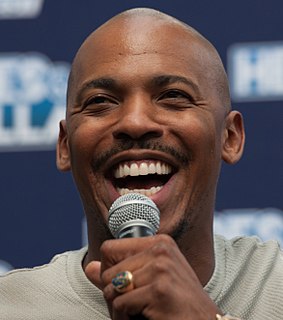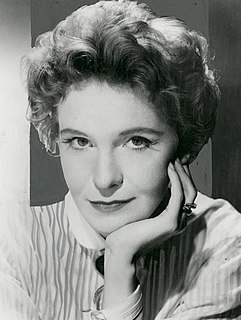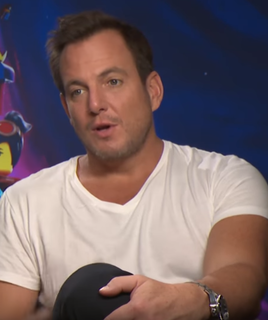A Quote by Kenny Beats
Since he was 17 years old in Atlanta, I think people always knew that there was something different about Key. He's obviously been able to adapt to so many sounds and time periods in his own way, which is clear from the long list of collaborators; but he has always retained an effortlessly weird perspective.
Related Quotes
Obviously I've been reading Kafka for a long long time, since I was really young, and even before I ever read him I knew who he was. I had this weird sense that he was some kind of family. Like Uncle Kafka. Now I really think of him that way, the way we think about an uncle who opened up some path for being in a family that otherwise wouldn't have existed. I think of him that way as a writer and a familial figure.
I have been singing since I was two years old, my parents tell me, and started to write songs when I was fifteen. Eventually, my friends and my parents knew that this was something I liked to do. They also knew I had a dream of making my own album. They have always been encouraging me to do something about it, and so I did. So I went to a local radio station in Tromsø, and there I got to record a couple of songs.
I'm coming from a place where I have seen a different way to handle it, or a slightly different way to go through what is happening, that gives me some perspective. So I think it always helps. It always helps to have someone who has traveled the world or seen a different way to do something. That helps give you perspective.
Value investing doesn't always work. The market doesn't always agree with you. Over time, value is roughly the way the market prices stocks, but over the short term, which sometimes can be as long as two or three years, there are periods when it doesn't work. And that is a very good thing. The fact that our value approach doesn't work over periods of time is precisely the reason why it continues to work over the long term.
History isn't like that. History unravels gently, like an old sweater. It has been patched and darned many times, reknitted to suit different people, shoved in a box under the sink of censorship to be cut up for the dusters of propaganda, yet it always - eventually - manages to spring back into its old familar shape. History has a habit of changing the people who think they are changing it. History always has a few tricks up its frayed sleeve. It's been around a long time.
It's very difficult to evaluate a leader in a very short-term perspective because to be a leader you must be able to have a long-term perspective. You must be able to carry changes which take many years. And this is why you can really only see whether it has been a good leadership after some years have passed.
For the first time in American history, it's not clear whether or not it's smart for a 17-year-old to enroll in college. It absolutely depends on the debt load and the quality of the institution. That is a change from the way things always were and, frankly, the way things always should be. It should always be a good idea to go to college.
There are so many fantastic roles, but the ones that have always drawn me to them are the loners who, for whatever reason, never quite fit in and knew it and had to find their own way. I've always been drawn to that, for some reason. I've always been drawn to that sad, isolated place, but what it produces in behavior is something else, entirely. For whatever reason, I'm drawn to these people. Essentially, I think what draws me is that they are survivors against rather considerable odds.




































